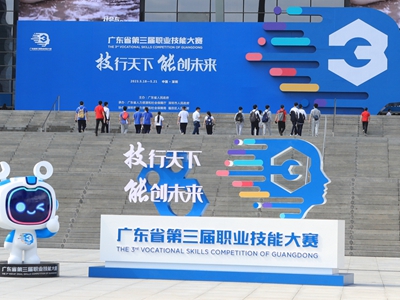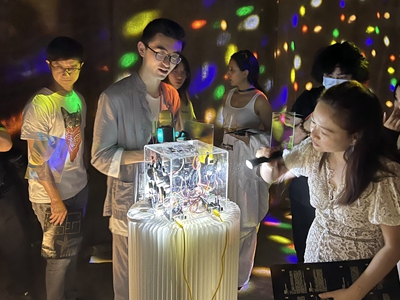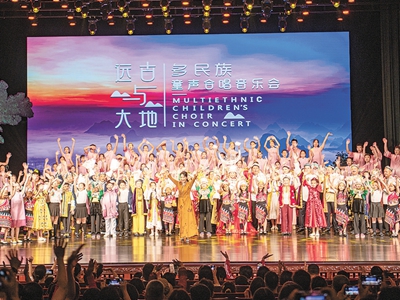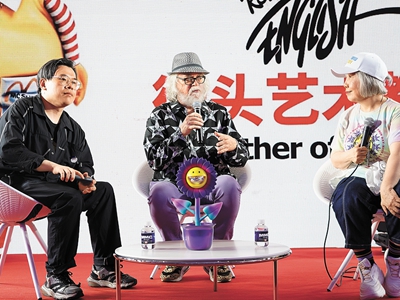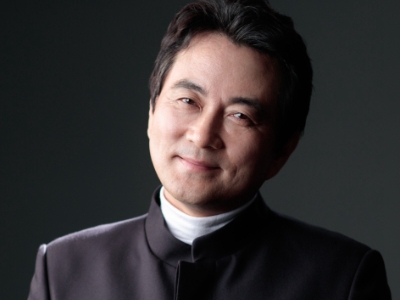HK prospers under ‘one country, two systems’
Writer:
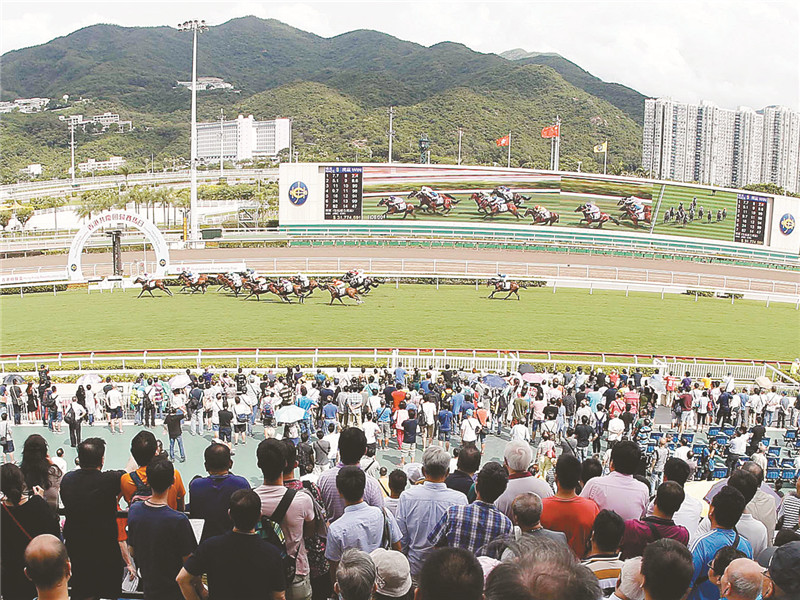
Hong Kong Jockey Club arranges for two races and other events Saturday to mark the 20th anniversary of Hong Kong’s return to motherland.China News Service
IN a 1995 cover story, prior to Hong Kong’s return to China in 1997, Fortune magazine, among a lot of similar hullabaloo, predicted that the handover would bring about the eventual demise of the city.
Defying the prophets of doom, Hong Kong, as a special administrative region of China, remains one of the most dynamic cities in the world 20 years later.
Over the past two decades, the Hong Kong Special Administrative Region (HKSAR) has emerged stronger out of the challenges of the Asian and global financial crises and the SARS outbreak.
It has remained a center of international finance, shipping and trade, and has been widely recognized as one of the world’s freest and most competitive economies. The rule of law and freedom are respected.
During the last 20 years, “one country, two systems” has proven not only to be the best solution to the Hong Kong question left over from history, but also the best institutional arrangement for Hong Kong’s long-term prosperity and stability, said Chinese President Xi Jinping.
Under the formula, the HKSAR retains its previous capitalist system, is a separate customs territory, adopts its own economic and social policies, and is authorized to conduct relevant external affairs commensurate with its status.
Sze Chi-ching and his four sons have never regretted staying in Hong Kong when many left around 1997.
“Is there any place in the world freer than Hong Kong? No. Hong Kong is a very lovely place in terms of political, economic and living environment,” Sze said.
In the early 1980s, late Chinese leader Deng Xiaoping put forward the concept of “one country, two systems” in an effort to realize the peaceful reunification of China. Described by former British Prime Minister Margaret Thatcher as “an ingenious idea,” the framework means there is only one China and under this premise the mainland adheres to the socialist system while Hong Kong, Macao and Taiwan may retain their capitalist systems over many years to come.
In the past 20 years, Hong Kong has turned the unprecedented idea into a reality. The city’s previous capitalist system and way of life remain mostly unchanged, and the laws are basically the same.
Horse racing, ballroom dancing and stock exchanges, the three “remarkable capitalist characteristics,” all do brisk business as ever.
The capitalization of the Hong Kong securities market had reached about US$3 trillion by the end of 2016, ranking fourth in Asia and seventh globally, with biggest sum raised from IPOs in 2016, surpassing that in New York and London.
As provided for in the Basic Law, HKSAR has a high degree of autonomy and enjoys executive, legislative and independent judicial power, including that of final adjudication.
Figures released by the World Bank show political stability, government effectiveness, regulatory quality, rule of law, control of corruption and accountability in Hong Kong are far better than before 1997.
Democracy, but a mirage during Britain’s 150 years of rule, has been greatly expanded.
Successive Hong Kong governors were appointed by Britain rather than elected by Hong Kong citizens. It was not until Hong Kong’s return to China in 1997 that such political rights were granted to citizens.
The Basic Law, the HKSAR’s mini-constitution, gives universal suffrage as the ultimate goal.
The election of the chief executive has become increasingly democratic. Candidates for the first CE were elected by a 400-member selection committee, while candidates for those who came later were elected by an election committee, which has grown from 800 to 1,200 members.
In the meantime, the election of the Legislative Council is becoming more and more direct.
All said, Hong Kong still faces deeply rooted problems — high property prices, a yawning wealth gap and social immobility. When introducing to the media her governing team June 21, the HKSAR’s new Chief Executive Lam Cheng Yuet-ngor pledged to serve the people with pragmatism and build a better Hong Kong for the next generation.
(Xinhua)

